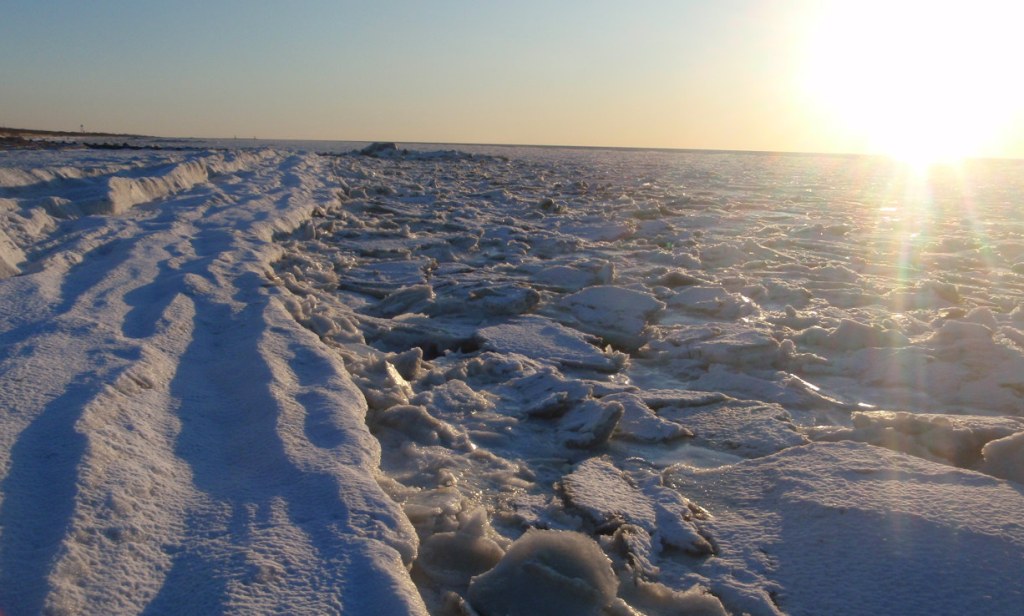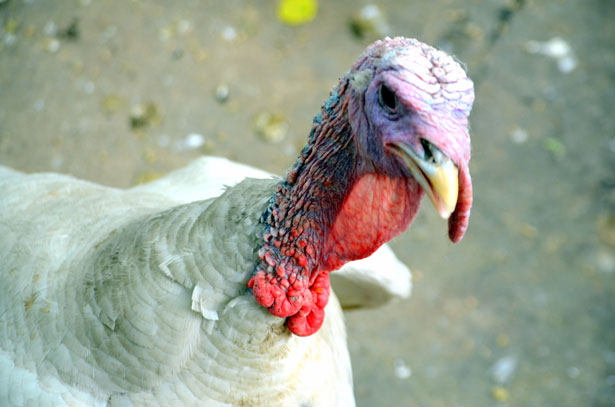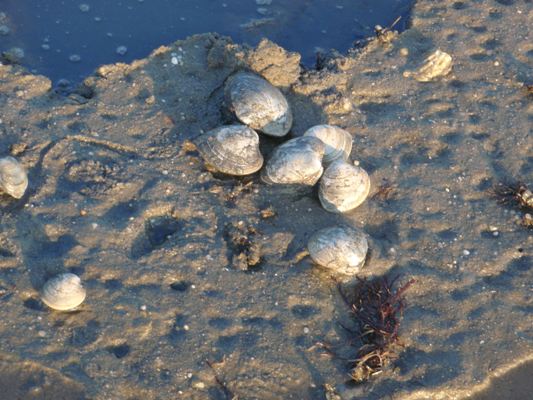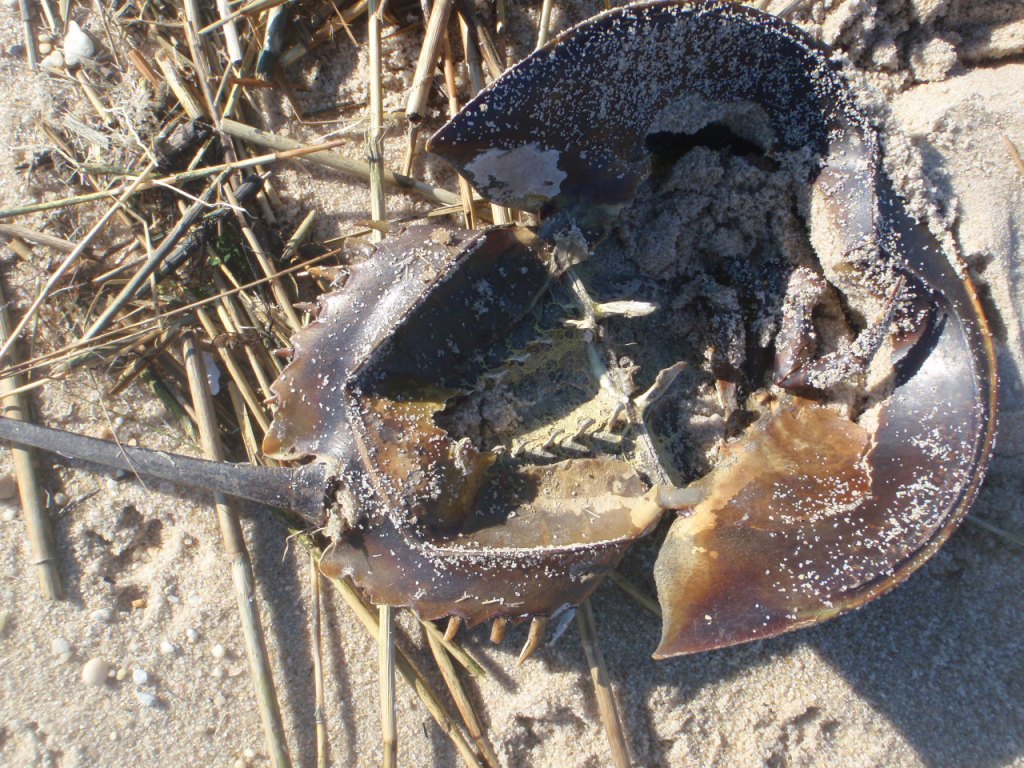An old one, but Samhain is creeping up, and the ancients revered the cycles. I'm creeping towards ancient status.

Despite whatever virus is playing tootsies with my hypothalamus (or maybe because of this), I found myself in thigh deep water on the edge of the Atlantic Ocean at dusk, trying to catch a striped bass. I spent the evening shivering under a blanket.
The waters here are about 62 degrees, still plenty warm for wading. The air temperature wasn't bad, either, and the wind didn't bother me until the sun set. In my feverish napping, I realized that for all my training and prepping and struggling as a science teacher, a student can learn far more about life on the edge of the Hallowe'en sea than she ever will in the classroom.
As the sunlight recedes on Samhain, the dead walk among us.
***
This morning I noticed a drop of water on the shower curtain. Light rays were bent by the drop of water clinging to the curtain, and the threads of the curtain loomed larger than life. At least that's how I perceived it.
If I had not been there to catch the bent rays of light, the light rays still would have been bent for whatever light-sensing creature might pause to look at it, or so I believe. Faith, really.
This past week we have been talking about diffusion in biology class. I started the year off with a mini-history of the universe, talking about two huge articles of faith in science:
- Whatever rules apply here at this moment apply everywhere in the known universe (given, of course, the same conditions), and
- Whatever rules apply now (at this given spot) applied throughout the past and will continue to apply in the future.
If we're going to tackle issues of faith in the classroom, may as well tackle them head on. Science requires a special kind of faith.
***
Like the drop of water visible only to me, or the fin of the striped bass cutting through the surf while I stood alone at the beach, most moments only happen once. We see patterns in our moments, and some patterns, particularly those based on the natural world, become predictable. (This borders on tautologous--if a moment defies observable patterns, we toss it out of the science realm.)
The dead among us walk among us. My mother, my father, my sister, my grandparents, and great aunts and uncles and the hundreds, thousands of my clan that preceded me still live in the common spirit our clan shares, carried by me and others, passed to our children.
We ask children to study the complement system in the face of viremia, something none of them will see in a lifetime, yet deny the ghosts they see in the shadows, as real as the refracted light on my shower curtain. I
know that the shower curtain threads did not magically enlarge, and I
know that ghosts do not lurk in the shadows.
What I know and what I believe, however, do not always mesh. On the edge of the ocean at night, I am afraid. Perhaps with
out reason.
We try to bend them to a scientific view of the world in a place where science rarely happens, in a classroom, on a forced time schedule, in order to educate them "to a better economy."
We teach models as though they are real. Science is useful, but it is based on models, a special way of looking at the universe, a way that has resulted in all kinds of wonderfulness, but not real.
Or rather, no more real than the shadows lurking under the late October moon, reminding us that we, too, will walk among the dead, no matter how education we have. If I did not believe this I would not fear the night, even though I know better.



























































